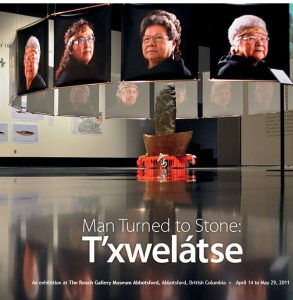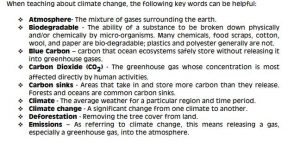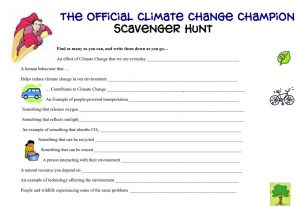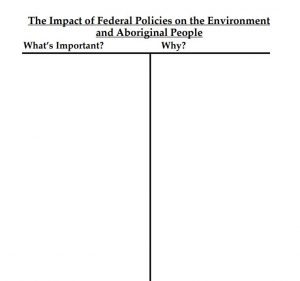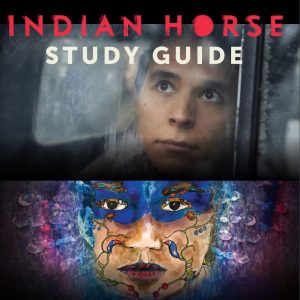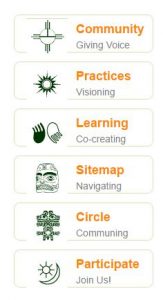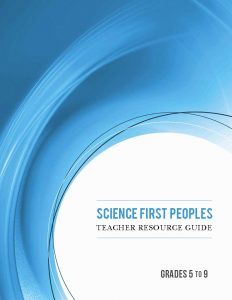Description:
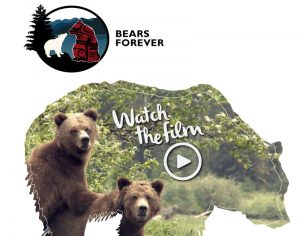
An excellent visual description and video on trophy hunting of Grizzly bear on BC’s Central Coast. I particularly appreciated the strong emphasis on the relationships between bears, people, and land. Place-based knowledge is central to understanding this important issue. Teachers should preview this 20 min video to ensure content is age-appropriate.
This my last post, but not the end of my journey. I wanted to share this as my last post because Conservation and Sustainability are personally important to me. Conservation and Sustainability present on-going issues that we, as a society must tackle in order to better our shared world. There is so much to learn from Indigenous ways. For instance, Bear Witness highlights the working collaboration between First Nation guardians and local researchers.
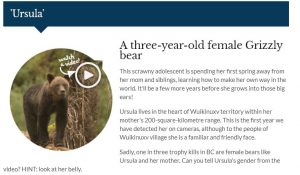
Link: http://www.bearsforever.ca/
Credits: Central Coast First Nations Bear Working Group.
Overview Video: https://www.youtube.com/watch?time_continue=2&v=NDg24d8fF1Q
My favorite video on Ursula: https://www.youtube.com/watch?v=vXfJiWZce88

